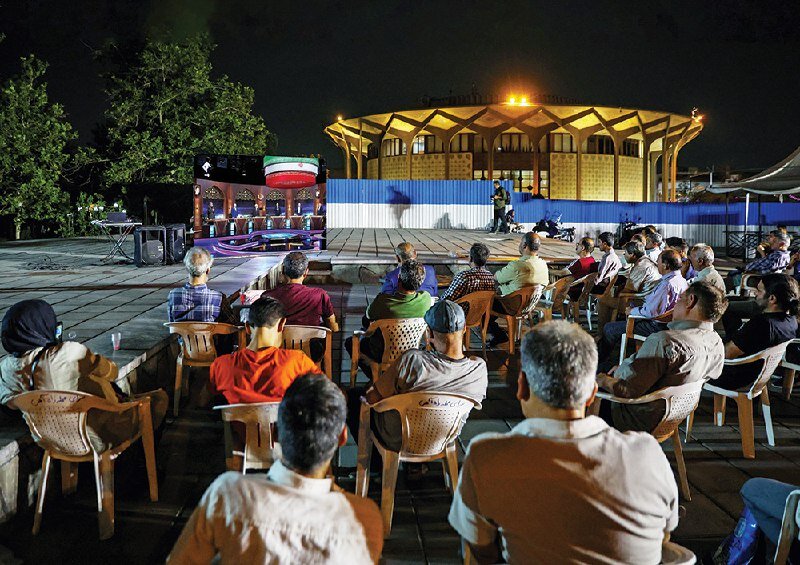Electoral warning
Why Ayatollah Khamenei warns of enemy-pleasing statements

TEHRAN - The Leader of the Islamic Revolution addressed an important recommendation to the presidential candidates during a Saturday meeting with Iran’s judiciary officials.
Ayatollah Seyyed Ali Khamenei first expressed approval of the televised election programs, viewing them as a positive way for the public to become familiar with diverse viewpoints. Then he addressed the candidates in a cautionary message. “The discussions of the candidates on television or their other statements should not lead a candidate to speak in a hostile and enemy-pleasing manner to overcome a rival,” he said, adding, “It is assumed that all candidates love Iran and the Islamic Republic because they want to become president in this system and serve the people. Therefore, they should not speak in a way that pleases the enemy.”
Why did the Leader feel the need to caution candidates?
Elections around the world are usually marred by fearmongering comments by candidates, who warn people that their rivals may drive the country into chaos and crisis if elected.
In the United States, Donald Trump promises to "make America great again," while Joe Biden warns of the "fall of American democracy" if Trump is chosen again as president. In France, Emmanuel Macron says “Frexit” is on the way in case of a right-wing victory, and Marine Le Pen claims the president’s allies will leave the country “broken” if granted another term in power.
Criticism is employed as a scare tactic in almost every election taking place across the globe. Voters are frequently warned of potential economic collapse, threats to their values, or the loss of their country to ominous forces. Iranians have been no exception, often hearing such inflammatory and fear-mongering rhetoric from candidates seeking power in the past several years.
Ayatollah Khamenei, however, like many seasoned analysts and experts understands that while such remarks may assist candidates in winning elections, they will ultimately have negative repercussions on the future of the country.
“The Leader of the Islamic Revolution emphasized a significant message in his remarks. He urged candidates to avoid actions that cater to the enemy and then clarified that the enemy is not only opposed to the Islamic Republic but also poses a threat to Iran and its citizens,” Dr. Mehdi Fazaeli, a member of Ayatollah Khamenei’s office, told the Tehran Times. “So, candidates who choose to break taboos on national TV and make unrealistic and outrageous remarks may initially feel satisfied that they have deterred voters from supporting their opponents. They will, however, understand down the line that they have done a disservice to everyone, including themselves,” he added.
Fazaeli explained that candidates in Iran have shown a tendency to gain votes by creating polarization. “For instance, everyone agrees that sanctions are detrimental to the country and that they should be terminated and neutralized. Officials and politicians only have disagreements on the path that could lead to the termination of sanctions. But a candidate that wants to create polarization on this matter could say that only he wants the sanctions gone and that his rivals do not care enough about the issue or are even supporters of sanctions,” he stated.
Leave a Comment